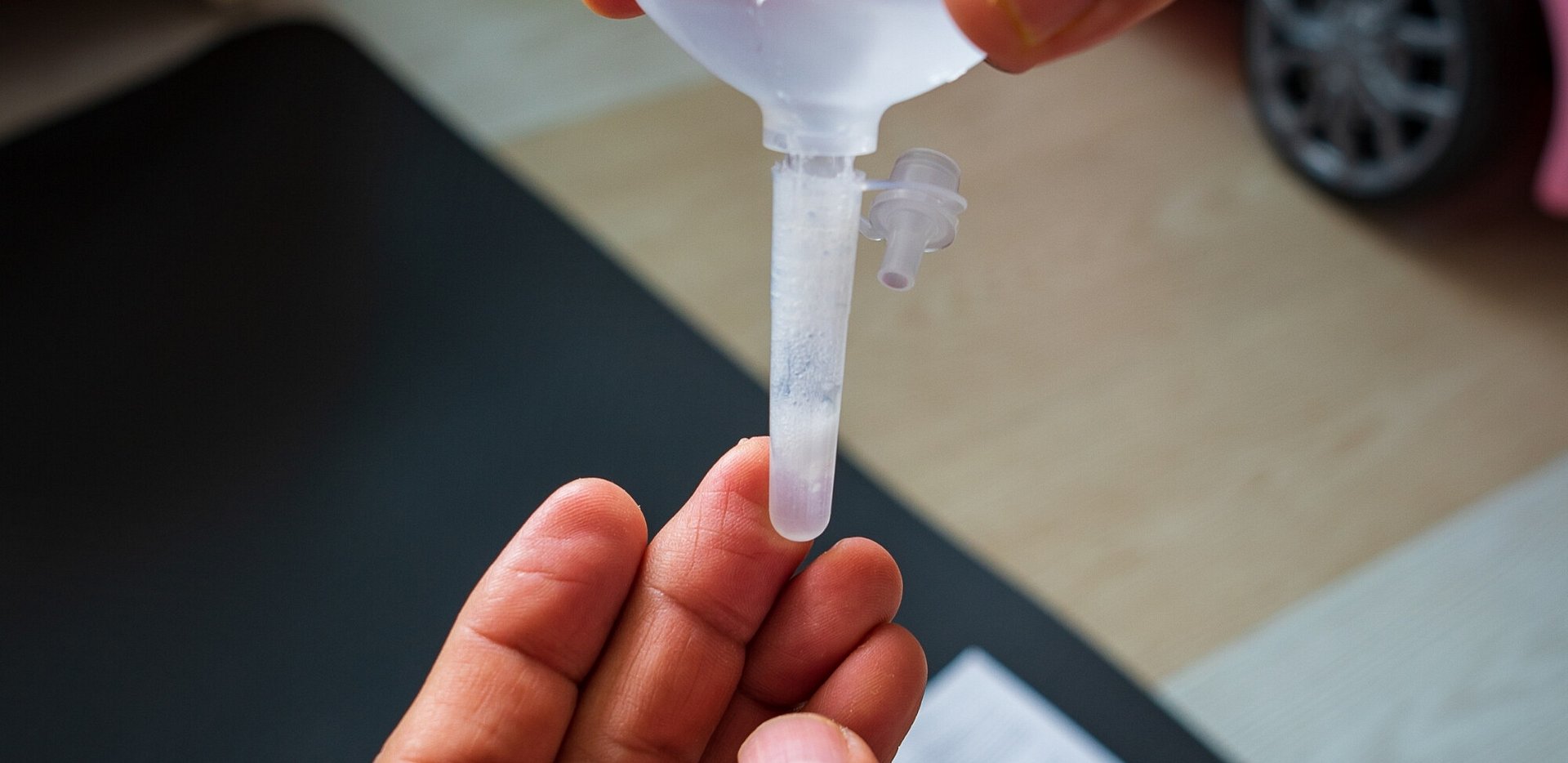What is CARLA Saliva Testing?
The CARLA saliva test is a tool developed by AgResearch to help breeders select livestock, such as sheep, deer, and goats, for natural resistance to internal parasites.
The test works by measuring antibodies against a specific carbohydrate larval antigen (CarLa) in an animal's saliva, which indicates the strength of its immune response to worm larvae. Animals with high CARLA antibody levels are more resistant to parasite infections, suffer less from them, and can grow more efficiently.
It is the key new tool for sustainable parasite management
What the CARLA Saliva Test does
Identifies sheep that can handle worms, without risking those that can't
Measures protective immunity to ingested parasite larvae
Works on drenched animals
Single, easy-to-collect sample
Identifies animals which:
Grow well when under a parasite challenge
Have lower faecal egg counts (FEC)= Contaminate pasture less
And pass these traits on to their offspring
CARLA Saliva Testing at Paparata
Worm faecal egg counting (FEC) is now not the only option to measure the immunity of sheep to gastrointestinal worms. Sheep digestion systems mount an antibody response to worm infections. It has been discovered that most of the antibody response was directed at just one worm molecule which has been named CARLA. Levels of anti-CARLA intestinal antibodies strongly correlated with rapid immune rejection of infecting larvae. Studies have shown that CARLA antibody responses in saliva are significantly correlated with reduced worm burdens in sheep. The result of this research means that farmers are able to measure the immunity levels of individual sheep to worm infection by measuring the levels of CARLA in the saliva.
FEC testing means measuring immunity by not drenching and letting sheep ‘fill up’ with worms. Those with higher immunity to worm infestation are identified. The down side is the damage to those sheep with lower immunity. At Paparata we have decided not to use FEC. We are using the saliva test to identify those sheep that have higher levels of immunity to worms.
Advantages of selecting sheep with elevated CARLA antibodies
Measures the ability of the sheep to respond to larval parasite challenge
Animals can be sampled anytime from approximately 5-7 months of age, unlike FEC, drenching does not affect the test
Saliva is relatively easy and clean to collect, no missed samples
Heritability of CARLA (30%) is better than that for FEC
Animals with elevated levels of CARLA antibodies have 20 -30 % lower FEC (Genetic correlation 0.5) and are up to 1.5 kg heavier than non-responders (genetic correlation of 0.2-0.8).
Like to know more or have any questions?
